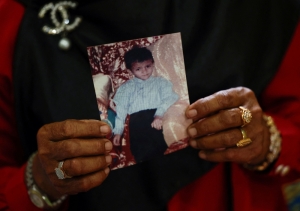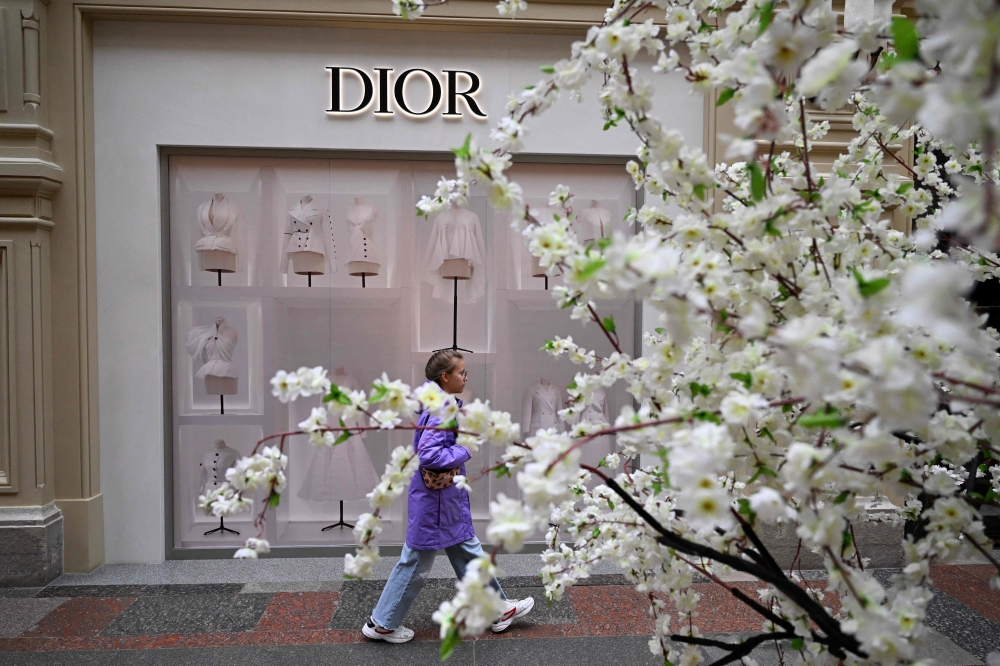- Home
- -
- News
Filipino nannies: South Korea’s fix to boosting birth rates
- admin
- 13 Sep, 2024
SEOUL, Sept 12 — With less than one child per woman, South Korea has the lowest fertility rate in the world. If current trends continue, the Asian country risks seeing its population lower by half by the end of the century. To prevent this, the South Korean government is stepping up initiatives to boost the birth rate. The latest measure aims to make it easier for families to access childcare for young children.
South Korea has launched a programme to facilitate the arrival of foreign nannies in the country. According to Bloomberg, this initiative has enabled some 100 nannies from the Philippines to settle in the “Land of the Morning Calm” and work there. Yoon Suk-yeol’s government plans to bring 1,200 babysitters to South Korea by mid-2025.
The arrival of these nannies is intended to make life easier for South Korean parents, many of whom complain about not being able to look after their offspring. In the absence of childcare places or resources, some mothers feel that they have no choice other than to interrupt their careers in order to look after their children until they start school. In a country known for its long workweek, this has a negative impact on their professional development and discourages some women from becoming mothers.
Indeed, many South Korean women don’t see themselves as parents, for personal, political or societal reasons, and envisage a life without children. More than 60 per cent of 25-45 year-olds say they don’t want to have children, according to an Ipsos survey reported by the Korea Economic Daily Global Edition. This perspective is seen as disturbing in a society where being a parent remains a norm, even if the younger generation are increasingly accepting of this position.
South Korean authorities hope that the arrival of foreign nannies will bring some relief to the country’s parents. But the initiative is being met with scepticism among the local population, with many pointing to the prohibitive cost of hiring a babysitter from abroad. The Seoul Metropolitan Government estimates that families will spend 2.38 million won a month (around RM7,700) to hire foreign nannies for eight hours a day, according to Bloomberg. An amount equivalent to half the average monthly income of South Korean households, according to the economic and financial news agency, based on figures from Statistics Korea.
This welcome programme is one of many measures announced by Yoon Suk-yeol’s government in an attempt to boost the birth rate. Since 2006, the country has spent nearly 380 trillion won on public policies in an attempt to halt demographic decline. — ETX Studio



